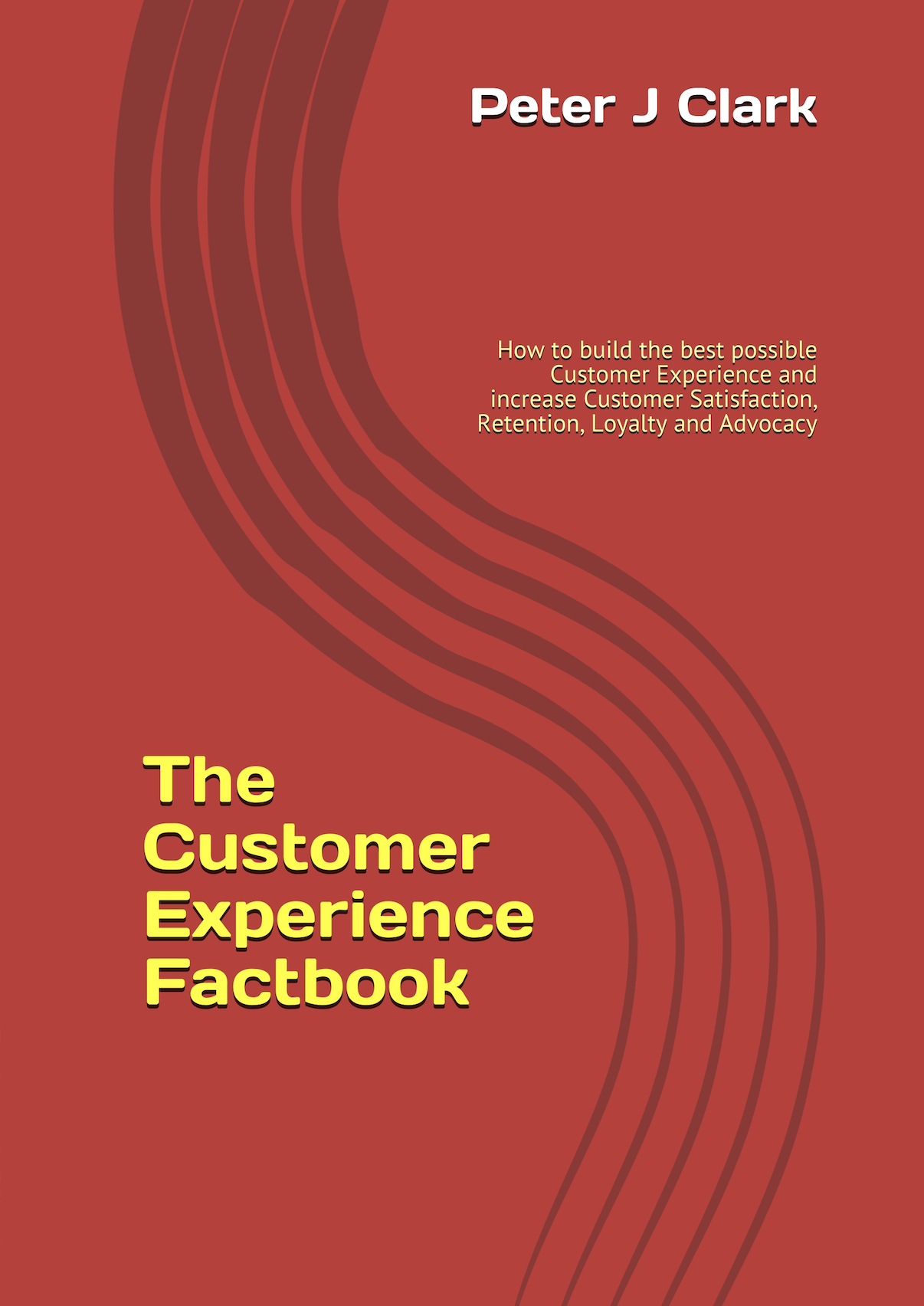Companies still doubt the effectiveness of loyalty
Although companies are putting increased focus on customer loyalty and retention programmes, only 24% consider their efforts in these areas to be 'very effective', according to a survey by Loyalty 360 and business analytics firm SAS.
The study, entitled 'Facing the Challenges of Building Loyalty and Retention: The New Strategic Imperative', surveyed more than 150 customer loyalty and retention executives in both B2B and B2C companies, and examined current trends in loyalty programmes.
Two-thirds of survey participants said they already had a department or functional area dedicated to customer loyalty and retention, and an additional 13% said they had plans to add one. However, less than one in four considered their loyalty and retention efforts "very effective", while 44% deemed their programmes "somewhat effective".
The study suggested one possible explanation for this apparent dissatisfaction: the top priority of customer loyalty and retention programmes was to get customers to spend more (47%), while reducing churn and developing customers into brand evangelists were a distant second and third. But a report from the CMO Council suggests that more than half of loyalty programme members are considering defecting, feeling bombarded by spam and irrelevant offers. So B2C companies may be making a mistake in prioritising increasing customer spending over customer retention and brand evangelism.
"Loyalty is no longer about the programme, but should be focused on behaviour," said Mark Johnson, CEO for Loyalty 360. "Brands that focus on loyalty as a way to create sustainable behavioural change in their brand advocates are those that will drive the financial imperatives needed for loyalty programme success."
Effective retention and loyalty strategies aren't about keeping customers at all costs. But, despite this, only half of respondents reported having formal customer lifecycle or voice-of-the-customer (VoC) programmes. Among those with a defined customer lifecycle, the biggest percentage (40%) believed that lifecycle begins after the sale. These companies are missing an opportunity to plant the seeds of loyalty earlier in the buying cycle - while customers are still considering all their purchase options.
"Businesses that define their customer lifecycles and then align loyalty and retention efforts accordingly tend to garner more success,'" explained Wilson Raj, global customer intelligence director for SAS. "But there is still more opportunity for companies to integrate loyalty data with other customer data to adopt a more holistic approach in building brand evangelists."
And, while email remains the dominant for listening to customers (84%) and responding to customers (88%), social media has now become the second most frequent method for responding to customers. The traditional call centre, despite being alive and well, is no longer the key lifeline to the customer.
With this in mind, a surprisingly low 36% of respondents reported high or moderate integration of loyalty data with other customer data. Even fewer (30%) reported moderate-to-high use of customer data to inform loyalty campaigns. This suggests that many loyalty programmes are literally detached from the overall customer experience and lifecycle.
"Without a holistic view of the customer to guide loyalty programmes, it's easy to see why so many are marginally effective. It also lends insight to why many members don't perceive much value from their memberships," concluded Johnson.
Sources: Loyalty 360; SAS / The Marketing Factbook.
Copyright © 2012 - 2025 The Marketing Factbook.
Categorised as:
- Customer Experience
- Customer Loyalty
- Knowing The Customer
- Marketing Know-How
- Marketing Technology
